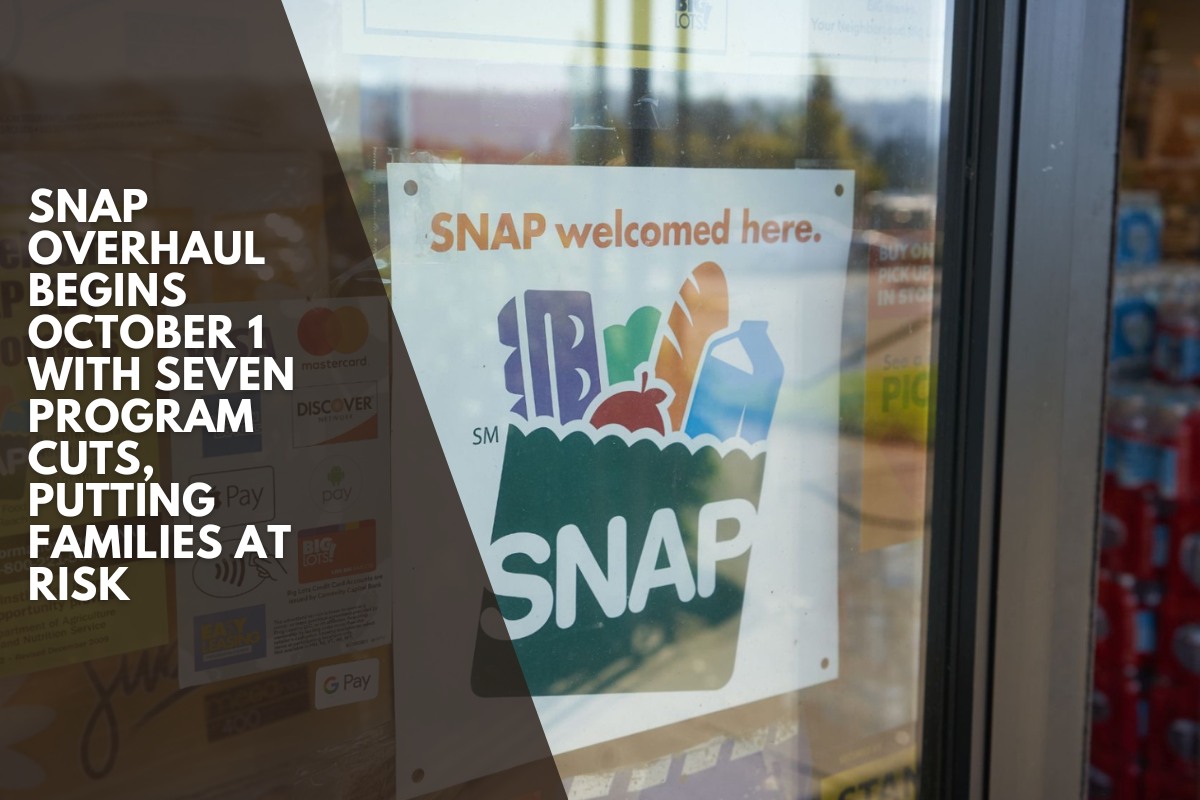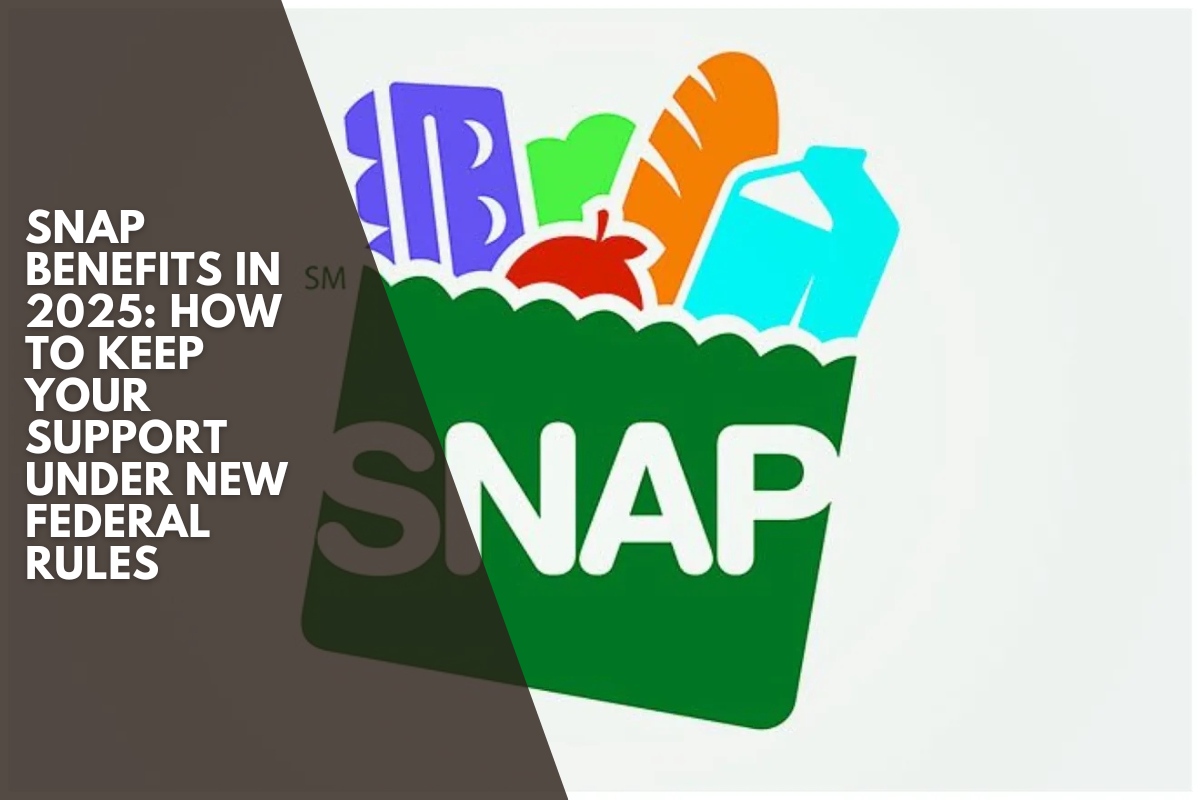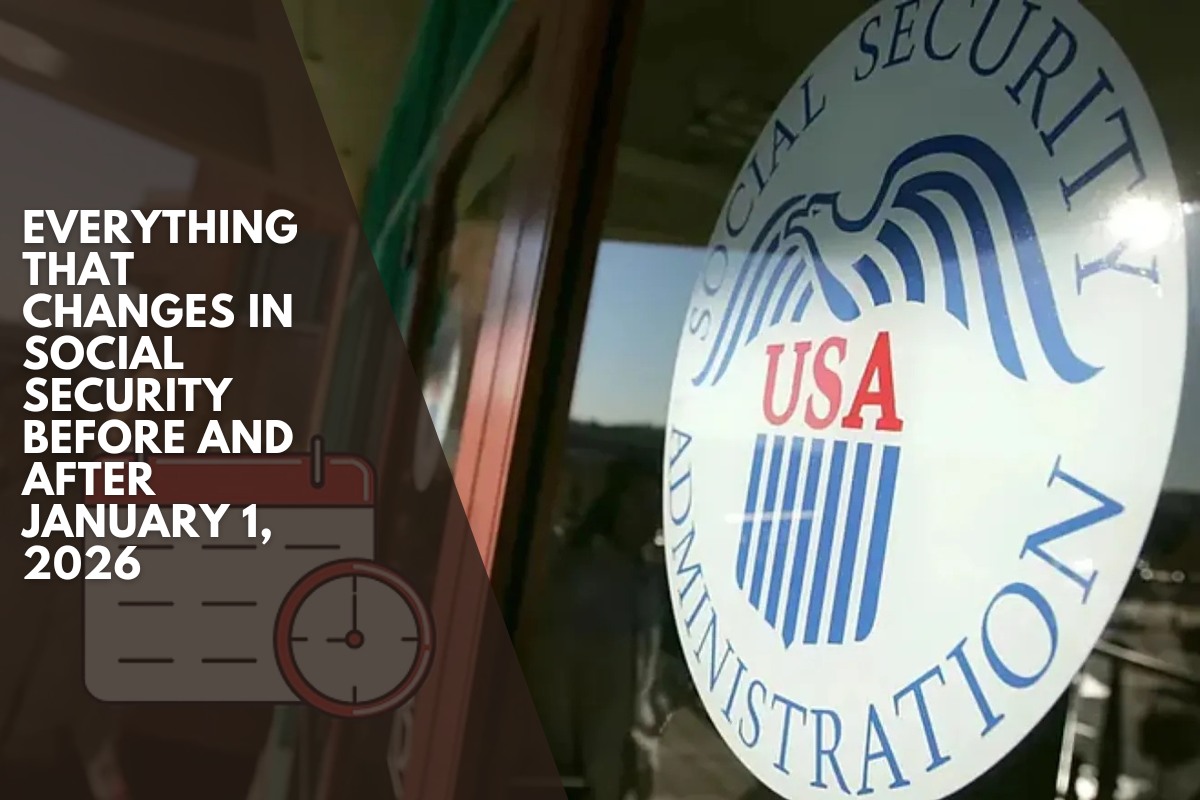Getting out of debt can appear impossible when your only income comes from Social Security, whether through SSI (Supplemental Security Income) or SSDI (Social Security Disability Insurance).
However, there are practical strategies and resources available to help you regain control of your finances without jeopardizing your financial stability.
Understand your rights: Your benefits are protected.
First and foremost, you should be aware that Social Security payments are legally protected. This means that creditors cannot usually garnish your SSI or SSDI benefits to collect debts like credit cards, personal loans, or medical bills. This protection allows you to plan how to pay your debts without fear of losing your primary income.
But there are exceptions. Your benefits may be garnished for federal debts such as student loans, back taxes, or child support. That’s why it’s critical to understand what kind of debt you have and how it might affect you.
Evaluate your financial situation
Create a comprehensive list of your monthly income and expenses. Keep track of how much you receive from SSI or SSDI and where each dollar goes. This will help you identify unnecessary or adjustable expenses. Even if you have a limited income, creating a realistic budget is the first step toward debt relief.
It is also beneficial to organize your debts by type, amount, and interest rate. This will allow you to prioritize which bills to pay first and which can wait.
Prioritize the most urgent debts
Not all debt is created equally. Those with higher interest rates or immediate legal consequences should be given priority. If you have federal debts, such as student loans or taxes, address them first, as they can have a direct impact on your benefits.
However, if your debts are with private creditors, such as banks or credit card companies, you may have more negotiating leverage.
Negotiate with your creditors!
Many people are unaware that they can directly negotiate with their creditors. Explain your situation and request a payment plan based on your income. If you can demonstrate that you are living on a fixed Social Security income, some companies may offer you a reduction in the total amount owed or even freeze interest.
You may also want to consult with a debt relief agency or a financial advisor. Just make sure it’s a legitimate, nonprofit organization, as there are numerous scams targeting vulnerable people.
Seek free credit counseling
There are certified organizations that provide free financial advice. These agencies can assist you in developing a personalized plan to pay off your debts, consolidate payments, and reduce interest. In addition, they teach you how to protect your credit and avoid future debt.
Consider debt forgiveness or cancellation
If your income is very low and you are unable to pay your debts, you may be eligible for debt forgiveness or cancellation programs. Some organizations provide free legal assistance to people with disabilities or seniors relying solely on Social Security.
Getting out of debt while relying solely on SSI or SSDI is difficult, but it is possible. You can take control of your financial situation with the right knowledge, planning, and support.
Remember that you are not alone: there are resources, laws, and organizations available to help you advance without jeopardizing your health.












